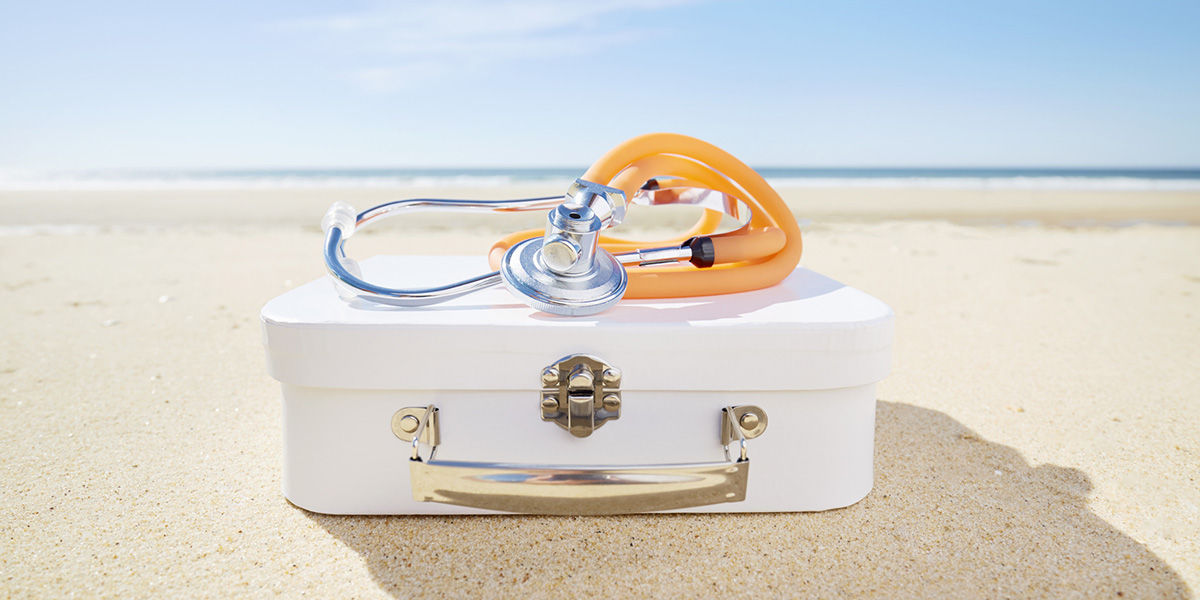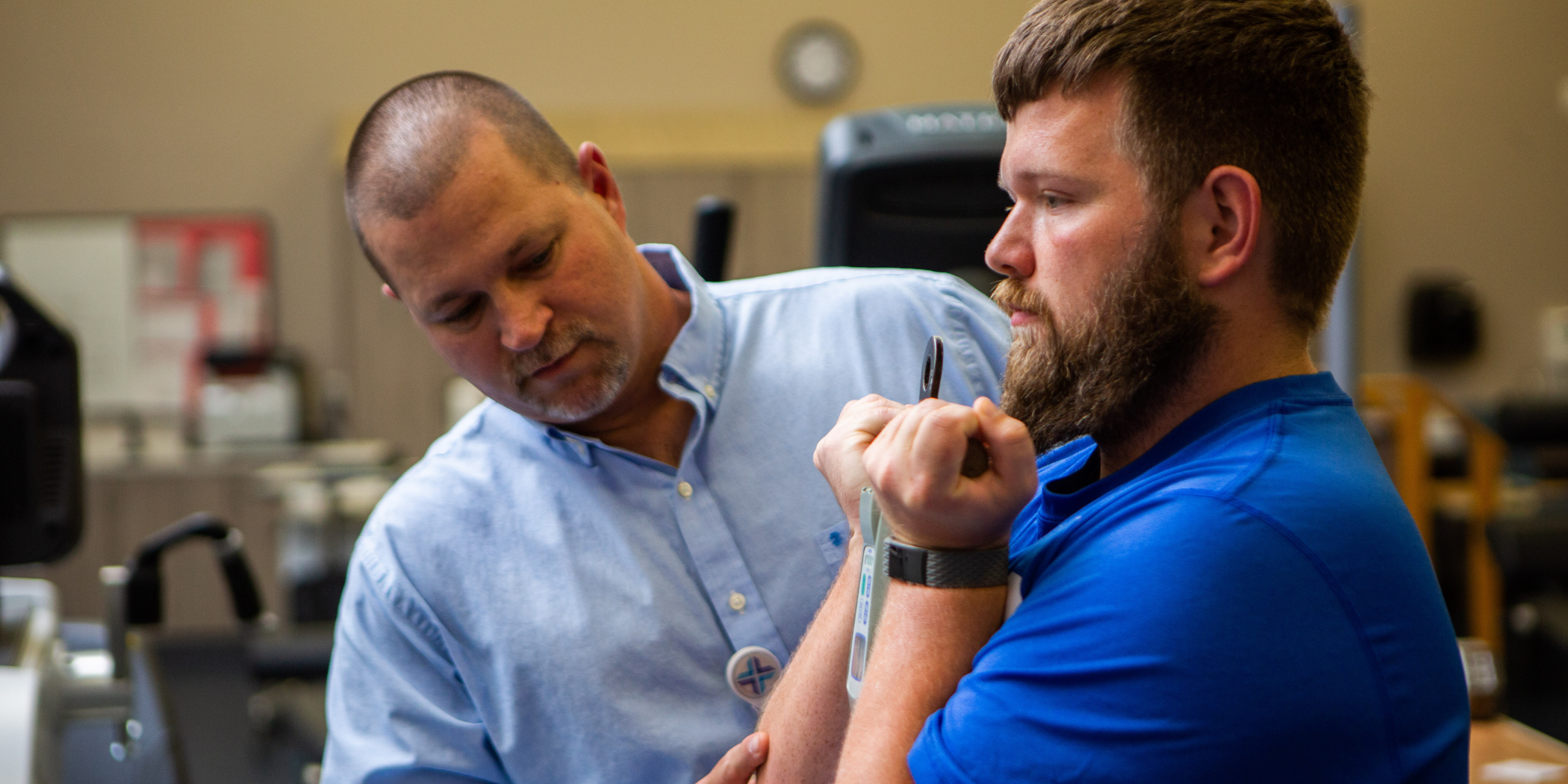
There's no place like home
It's late summer, and you thought you'd head to Mexico for that tummy tuck … or fly down to Brazil for that weight loss surgery. Medical procedures are cheaper down there, right? And a big bonus: You get to work in a vacation during a tropical getaway, right?
But is that doctor qualified? Is the office reputable and clean? Do you speak the language? Who will care for you if something goes wrong and you're thousands of miles away from the doctors you trust?
It's called medical tourism and it's on the rise. However, there are many dangers and possible complications to traveling abroad for medical procedures. It's best to play it safe and get care from local physicians you can trust.
Why travel for medical care?
Many people believe traveling to another country could result in cheaper medical care, despite the risk of added costs if things go wrong the first time.
The most common medical procedures people travel outside of the U.S. for are cosmetic surgery, dentistry and heart surgery, according to the Centers for Disease Control and Prevention.
Other reasons include last-resort cancer care, reproductive matters such as fertility and in vitro fertilization, weight loss and more, according to Patients Beyond Borders, an online resource for medical travelers.
The top destinations include: Costa Rica, India, Israel, Malaysia, Mexico, Singapore, South Korea, Taiwan, Thailand, Turkey and the United States. That's right – the U.S. is a major destination for medical care for those from other countries.
Potential risks
There are many potential risks, including:
Unqualified doctors
Patients may take unnecessary risks by unknowingly selecting unqualified physicians and having procedures performed in non-accredited surgical facilities, according to the American Society of Plastic Surgeons.
Infections
Proper care must be taken to heal completely after surgery to prevent infections. Patients should not sunbathe, drink alcohol, swim/snorkel, water ski/jet ski, parasail, take extensive tours (walking or bus), or exercise after surgery.
Complications
There is a higher risk of developing blood clots and pulmonary embolisms when traveling after surgery. The American Society of Plastic Surgeons recommends waiting five to seven days before traveling after body procedures (such as liposuction and breast augmentation) and seven to 10 days after cosmetic surgeries (facelifts, eyelid surgery and more).
Communication
If you aren't fluent in the language of the country where you are receiving care, that increases the likelihood of misunderstandings about your care, according to the CDC.
Inferior medications
Medication may be counterfeit or of poor quality in some countries, according to the CDC.
Inferior technology
The U.S. sets high standards for patient care. Devices used in other countries might not meet U.S. standards, according to the CDC.
The safe answer
Spartanburg Regional recommends that you keep your vacations and your surgeries separate and stick to doctors you can trust.
If you're aware of the dangers and want to travel anyway, the CDC recommends that you talk with a local medical practitioner at least four to six weeks before the trip to discuss general information for healthy travel and the specific risks associated.
You also want to discuss any current medical conditions that you have, even ones that are well controlled.
The CDC also recommends that you check the qualifications of the healthcare providers and the credentials of the facility to which you are traveling. If their standards don't match the quality you'd find in the U.S., then you should reconsider. Accrediting groups, including Joint Commission International, DNV International Accreditation for Hospitals, and the International Society for Quality in Healthcare, have lists of standards that facilities need to meet to be accredited.
Bring home copies of all medical records, so that local doctors will have documentation should something go wrong.
Arrange for follow-up care with your local healthcare provider before you leave.
Before you go, however, consider the care you can get locally. You can find a doctor and search by service at SpartanburgRegional.com.











